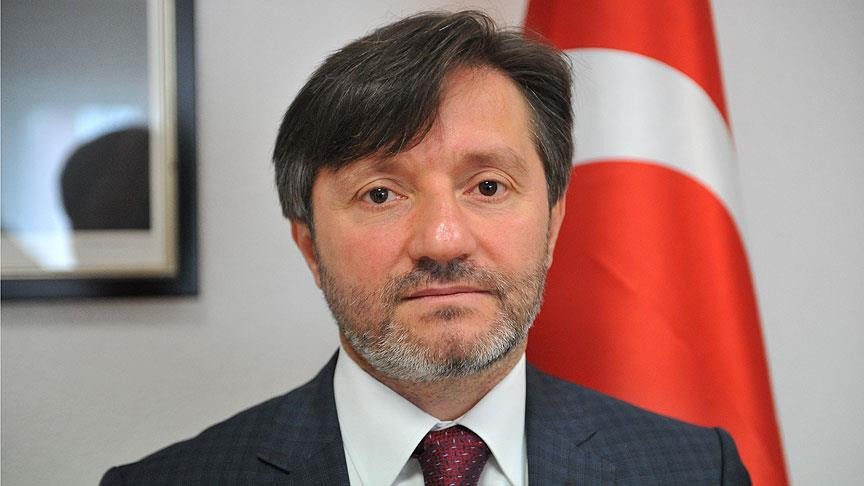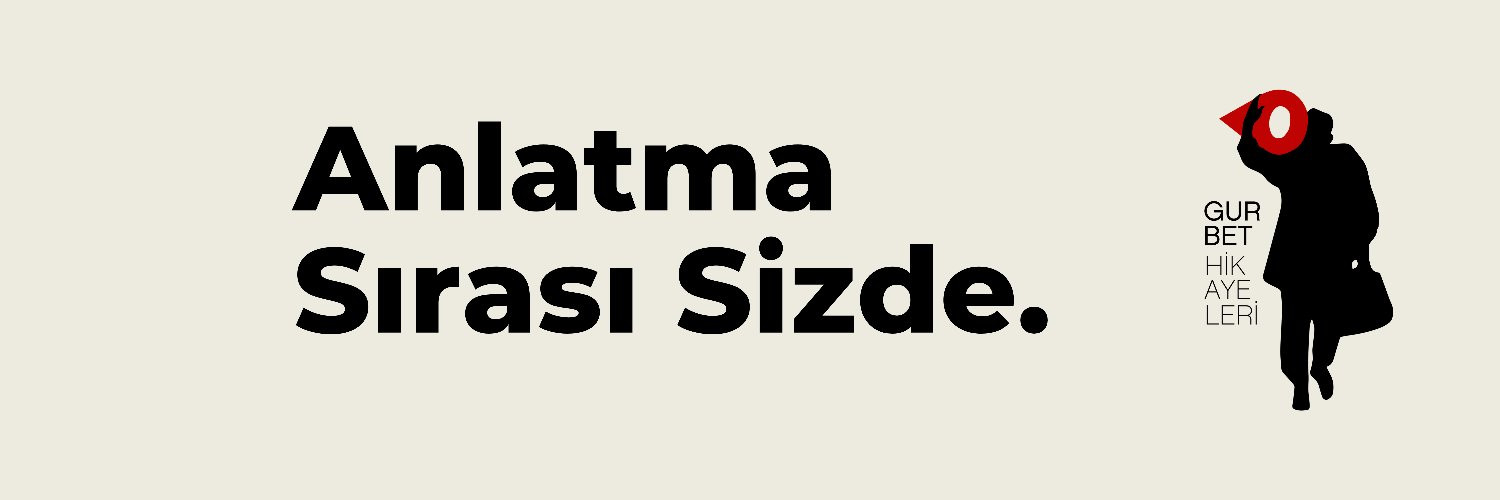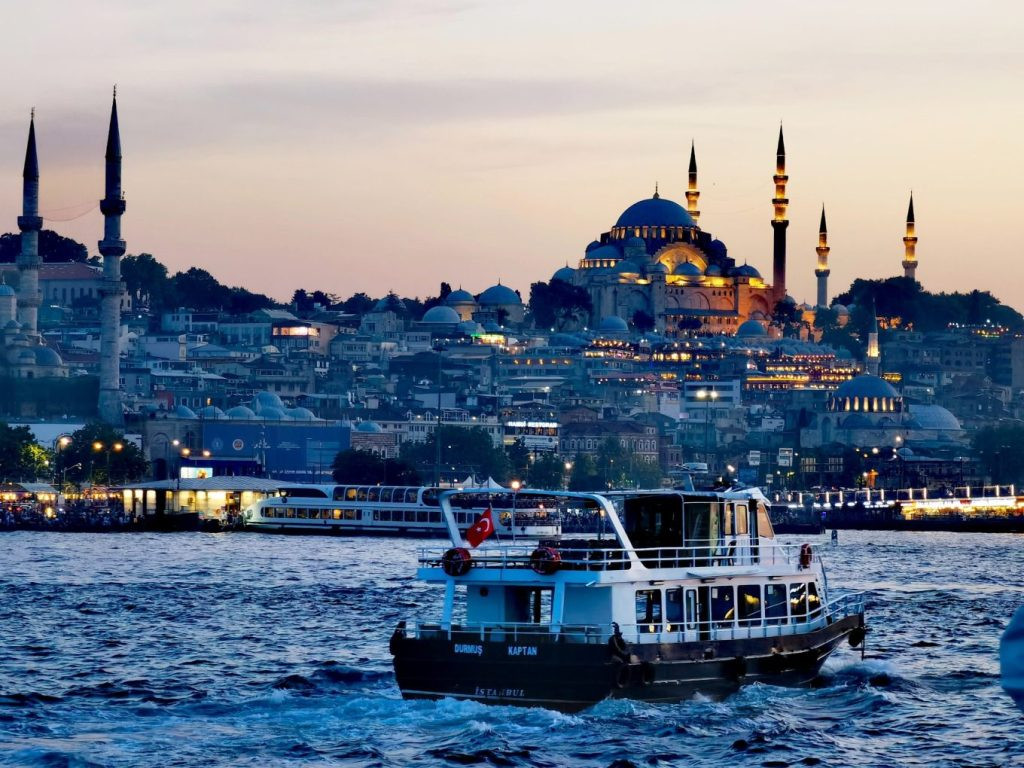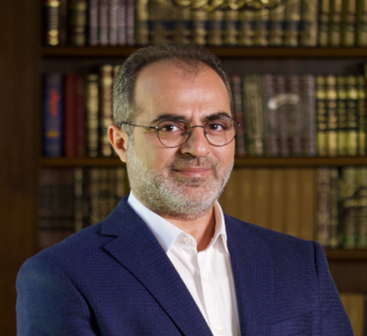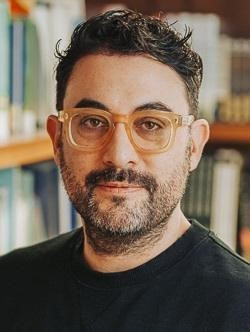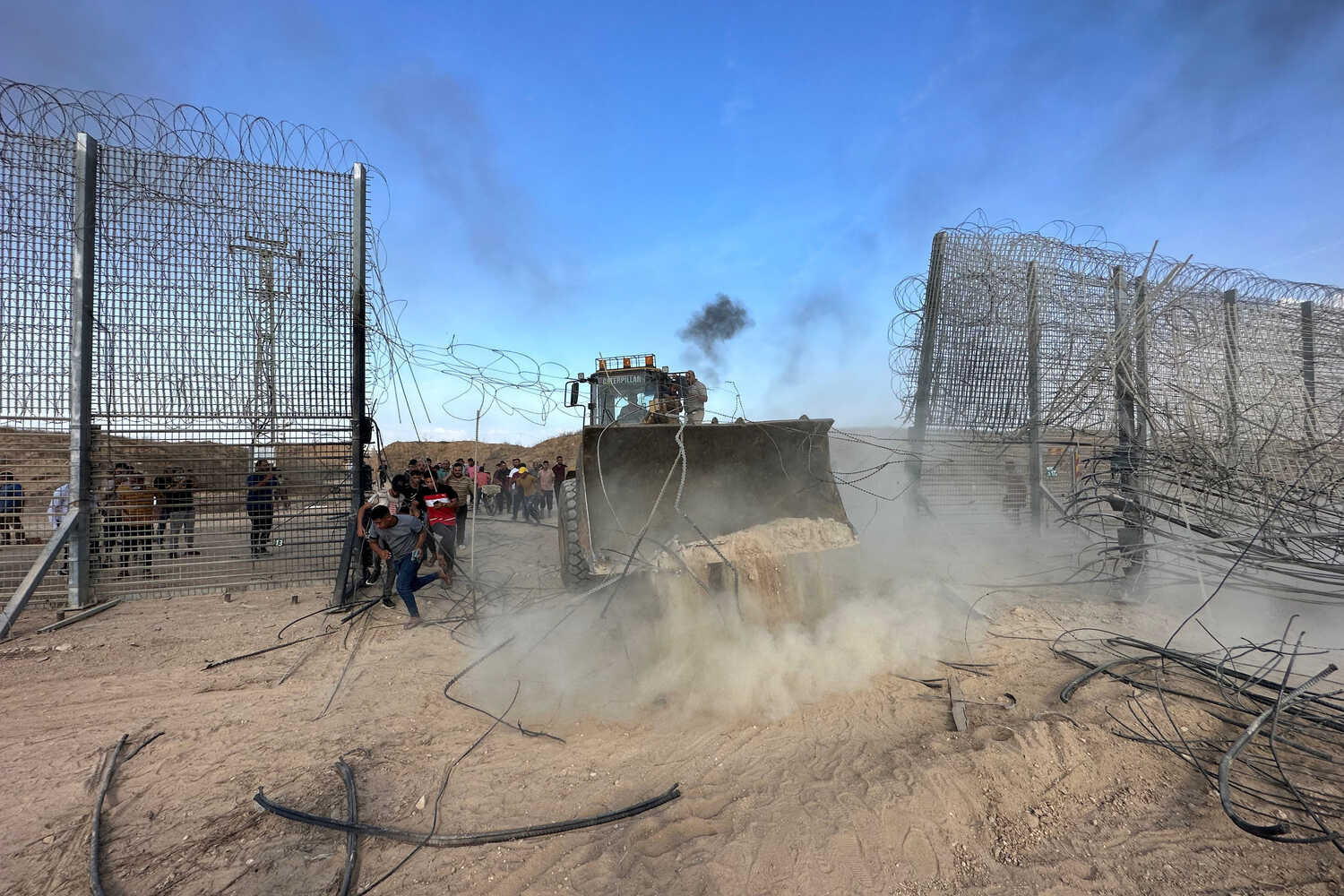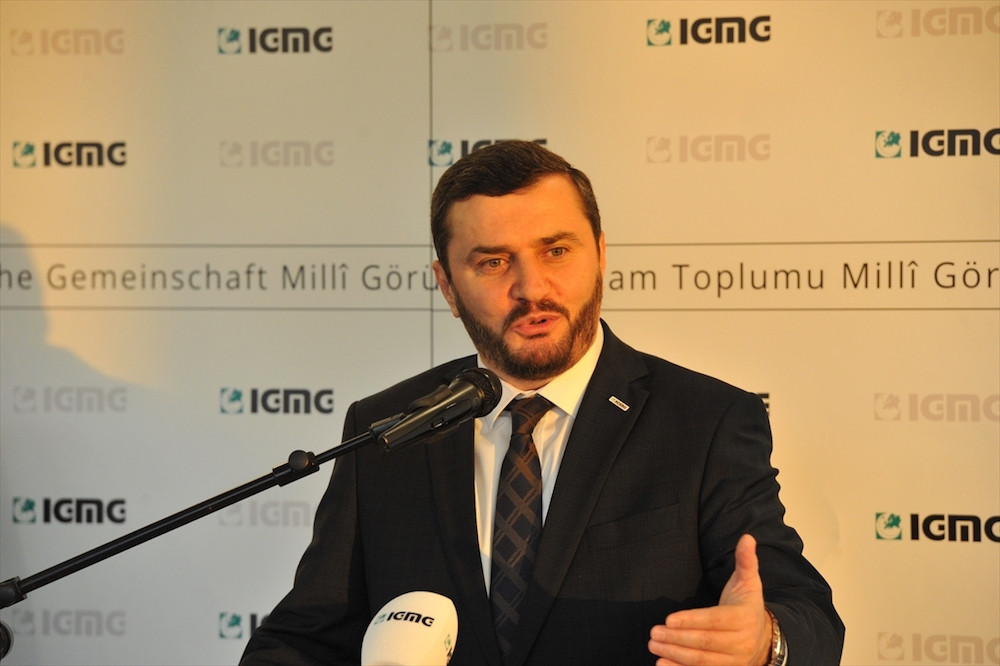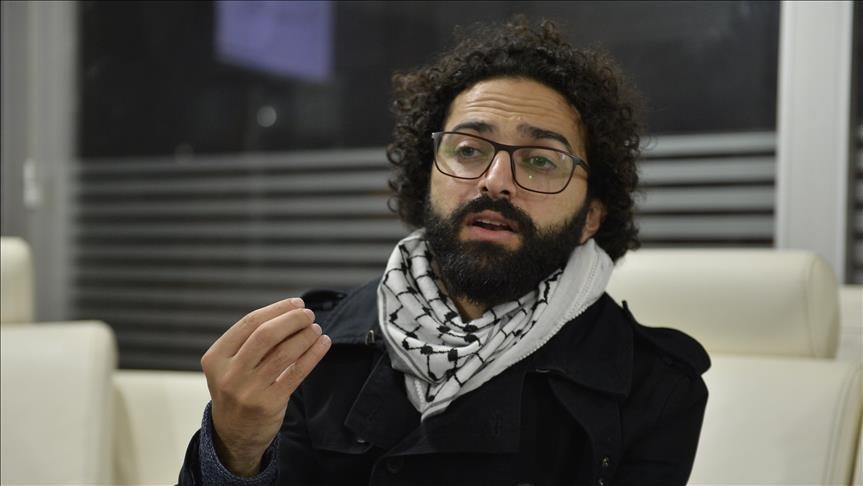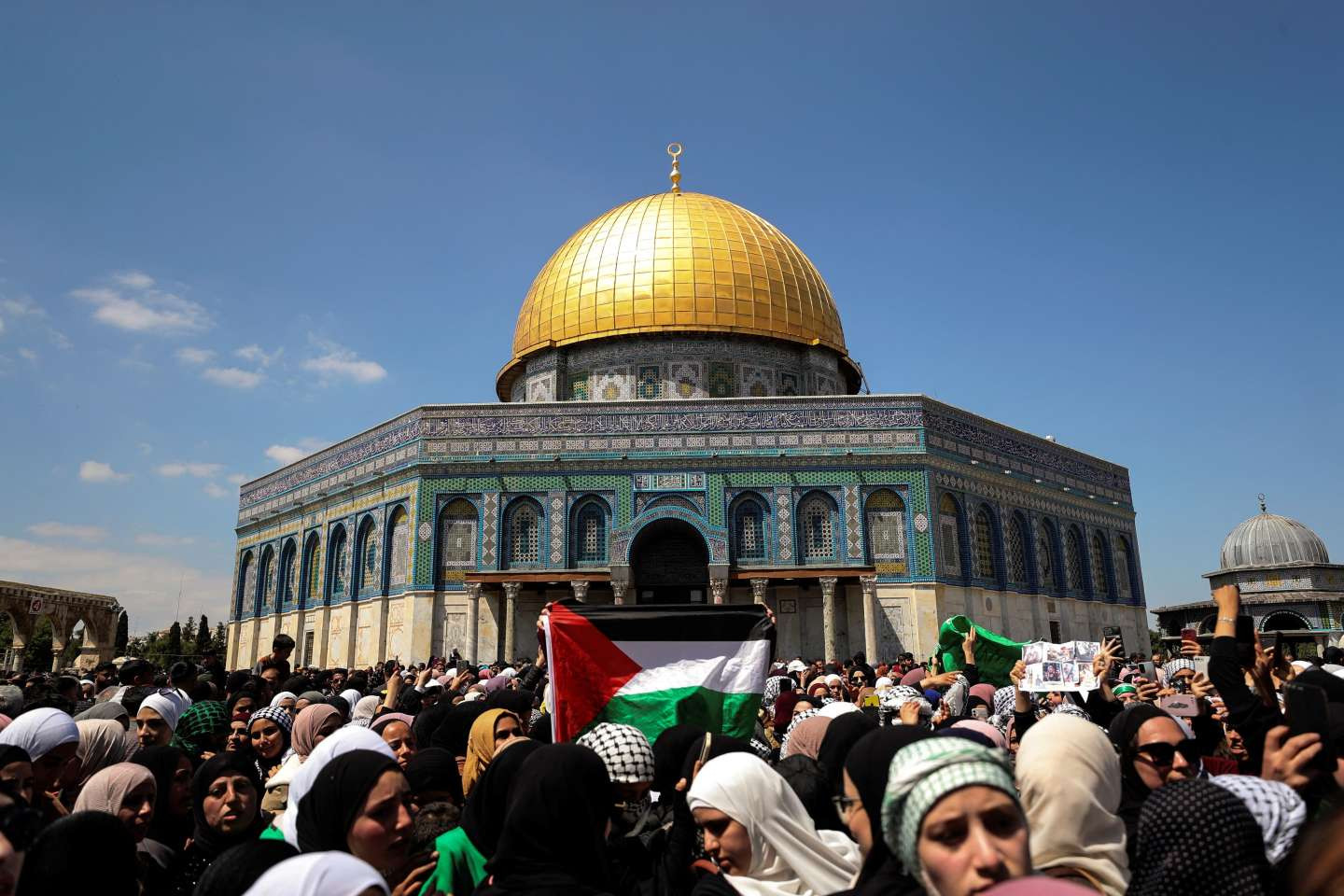
Academics Speak Out: What should be done for Aksa?
We asked four academics who have conducted valuable research on Jerusalem about what the government and civil society should do regarding the recent developments in Palestine. We would like to express our gratitude to our esteemed professors for their assessments and solution suggestions.
Abdulgani Bozkurt (Asst. Prof., Recep Tayyip Erdoğan University, International Relations):
"One should not ask, 'Who is there?' to form a bloc, they should have the courage to do so."
First of all, let me express this: The events happening in Jerusalem are not unique to this year. Almost every year, especially during the month of Ramadan, we witness these aggressive behaviors from Israel. In essence, we can say that Israel is testing the pulse of Muslims with these actions. It is preparing for the main move on one hand and measuring the reaction coming from Muslims on the other. As this reaction diminishes, Israel will continue its larger occupation activities. Therefore, it is crucial and valuable for people living in Muslim regions, especially Turkey, to take to the streets, condemn Israel, and even if they cannot stop the oppression with their own hands, they should curse it and raise awareness. In this regard, NGOs are fulfilling their duties. However, it should be noted that NGOs and the public make demands, and the executive authority takes the necessary actions. In this sense, it is necessary to form a bloc of states that are particularly sensitive to this issue with the awareness that the power we are facing is one of the important powers in the region and its global connections.
When forming a bloc, one should not say, "Who is there, all Arab countries are already collaborating; who will it be formed with?" Courage should be shown at this point. When we look at the region, we can see that there are already three to five countries ready for this task. For example, Turkey, Iran, Lebanon - where Hezbollah is immediately adjacent to Israel's north - on the other hand, the fact that Syria, a country that does not hesitate to fire upon its own people, is in a de facto state of war and has occupied territories (the Golan Heights), along with Syria, Iraq, Pakistan, and Qatar coming together, would create a deterrent force, even without directly sending troops, I believe it would be significantly effective.
On the other hand, there are countries in the Gulf region that have both good relations with the United States on a global scale and closeness to Turkey. These countries will also ensure the presence of US troops in their own countries, while demanding that the United States - so to speak - shorten the leash on Israel. Who am I referring to? States like Kuwait, Oman, and Qatar. These states should be drawn into this bloc by saying to the United States, "Look, I am cooperating with you, but Israel's aggressive attitude is intolerable and unacceptable. So, if you are doing what is necessary, do it, or else I will make my stance clear." Therefore, the bloc of eight to ten countries that will emerge, with a clear stance - as long as military action is kept on the table and declared - can seriously push back Israel's actions. Otherwise, unless the necessary moves come from the executive authorities, the reactions of the people will be insufficient.
Also, as individuals, we need to do this at all times: Not only when Jerusalem or Al-Aqsa Mosque is attacked, but with the awareness that this holy city has been under occupation for 70 years, we should always keep the spirit of struggle and struggle alive and act with the sensitivity of not sending bullets to the ammunition that will lead to the martyrdom of our Palestinian brothers and sisters there, especially by not buying the goods produced by Israel in any way. We are talking about an Islamic world of one and a half to two billion people. I believe that if all Muslims put forward this sensitivity together, it will be instrumental in cutting the economic veins to Israel.
Berdal Aral (Prof., Istanbul Medeniyet University, International Relations):
"Political embargo, social awareness and cultural action must be ensured"
I think the first thing that needs to be done by the government here is this: It is no longer just a matter of condemning it, it needs to be acted upon very clearly. For example, one of them could be a resolution within the Organization of Islamic Cooperation: A collective embargo against Israel. In fact, the Organization of Islamic Cooperation has already had resolutions on this in the past, but this resolution has loosened up in recent years. Turkey has never been a part of the embargo. Therefore, there should be a total embargo against Israel in every sense (political, military, economic, cultural, social) in which Turkey should be involved.
Secondly, I expect Turkey to do the following: There is no chance of a good decision coming out of the United Nations Security Council because the US supports Israel, but for example, an embargo resolution can be passed in the General Assembly. The General Assembly has a resolution on "uniting for peace". Within the framework of this resolution, the UN General Assembly can recommend any kind of embargo against Israel.
Thirdly, Turkey could support sending "Peace Corps" troops to the region. I think the government has something like this in mind, there are talks with Russia and some other countries. It might be possible to send a Peace Force to this region to prevent Israel from attacking the Palestinians again. Of course, Israel will oppose this, but if the General Assembly has such a recommendation, if it wants to send a Peace Force, it can do so. For example 1950, during the Korean War, Turkey sent its troops to Korea alongside the United States within the framework of a General Assembly resolution. There were 15 countries like Turkey. So this can also be considered. The Islamic world should support this. The Arab League already had an embargo resolution against Israel in the past. This embargo can be renewed and its scope can be expanded and applied very strictly.
So what should civil society do? First of all, we need to understand the Palestinian issue very well. This cannot be done with demagoguery and hamasas. Apart from that, we need to provide all kinds of support to Palestine on the basis of NGOs. I mean financial, moral, academic, intellectual, cultural support...
Hüseyin Mercan (Assoc. Prof., Marmara University, Political Science And International Relations):
"Cooperation with the international community is essential."
First of all, we should never ignore common sense when approaching the issue. Because in times of crisis, it is necessary to act with common sense both at the governmental level and at the civil society level - especially by avoiding misinformation and misinterpretations - and to follow the developments on the ground carefully. Because I would like to emphasize that the state we are facing is a state that does not recognize the law and has made a habit of resisting international pressure for many years. In this respect, one of the things that has attracted my attention recently is that the slogans raised by civil society are largely directed against Israel. But it is not only about Israel. In this context, we need to be able to put forward more concrete proposals for the mobilization of the international community, both on the governmental level and on the civil society level.
In this context, I would like to express the steps that can be taken under three main headings.
First, it is necessary to mobilize the international community, both within the government and civil society. In particular, a new propaganda campaign needs to be launched in the international community to change the US decision to recognize Jerusalem as the capital of Israel and to keep its embassy there. In this sense, Israel will never step back as long as the US does not move its embassy back to Tel Aviv and recognizes Israel's sovereignty over Jerusalem. It will continue its illegal, inhumane and unconscionable approach, its expansionist activities and its attitude of attacking the holy places. In this sense, one of the first and foremost things to be done is to implement a move to change the US decision.
The second point is the need to open and establish dialogues with non-Zionist groups and teams in Israel in order to strengthen the internal reactions against the Zionist regime and to create new contexts for changing the Zionist regime. We should not ignore this: Israel is not a holistic country. Not all political groups and institutions in Israel are Zionist. In this sense, there is a serious opposition within Israel. Here, first of all, the world of academia and civil society should increase its contacts with the opposition -non-Zionist- intellectuals, political parties, formations and NGOs in Israel and in this sense, positions should be gained in the strategy against the Zionist regime. Because wholesale anti-Israelism brings with it a distance between us and the non-Zionist opposition groups there.
The third situation is this: After Trump's decision, the Organization of Islamic Cooperation came together in Istanbul and a joint decision was taken to open an embassy in Jerusalem. In this context, what needs to be done is not for civil society organizations to go back to their homes - especially with a possible step back or withdrawal by Israel in the coming days - but on the contrary, within the framework of the decision taken in Istanbul at the emergency meeting of the OIC in 2017, all states that signed that decision, especially the Republic of Turkey, should ensure that they act more quickly in opening their embassies in Jerusalem. A more serious demand should be made to mobilize the international community in this sense. At least in the short term, I think these are the most important steps that can be taken within the framework of civil society against the attempt to expand the occupation and the aggressive attitude we face today.
When we come to the governmental level, of course, the government should take advantage of the presence of Volkan Bozkır, the current President of the United Nations General Assembly, to mobilize the mechanisms of the UN General Assembly - because it may be much more difficult to take a sanction decision in the UN Security Council because of the high probability of the US veto - and to invite different international organizations, communities and important powers of the international system to support Palestine in a much more serious way - that is, going beyond condemnation.
There are two main gateways for aid or support to reach Palestine, especially Gaza. One is Egypt and one is Israel. In this sense, especially when we look at the recent relations between Turkey and Egypt, it is necessary for the government to improve relations with Egypt as much as possible so that it can take and implement sanctions against Israel and support the Palestinians, and thus pave the way for the serious use of the Rafah Gate.
Lastly, concerning Jerusalem, it's important to state the following: Jerusalem is a sacred place that cannot be left solely under the control of a state like Israel. In this sense, it is crucial that the Noble Sanctuary (Harem-i Şerif) of Muslims should not be touched. Therefore, I believe it would be a significant move to reduce the legitimacy of Israel's aggressive stance through an international meeting where all leaders of the Christian world, including the Vatican, anti-Zionist Jewish groups in the United States, and leaders of the entire Islamic world, along with religious authorities, come together. This meeting should aim to maintain the current status of Jerusalem, preserve the status of the Noble Sanctuary, and convey to the world that East Jerusalem belongs to Palestinians.
Hüseyin Önal (Lawyer):
"Sanctions should be imposed."
Since the British occupation in 1917, the Palestinians have never relinquished their sovereignty rights over their land and have never consented to both British mandate administration and Israeli occupation. Following the 1948 and 1967 wars, Israel occupied the whole of Jerusalem, and acts against the law of occupation and human rights law, such as the continuous increase in the number of settlers in Jerusalem, the demolition of Palestinian homes, forced expropriations, economic intimidation through extraordinary taxes, acts that violate the status quo by acting as the sovereign authority in Al-Aqsa Mosque, and the absence of punishment for Jewish settlers and Israeli soldiers who commit massacres, are systematically applied in Jerusalem and against a certain group of people.
The world's attitude towards Israel's acts, atrocities and usurpations, which clearly constitute apartheid/racial discrimination, and which have established a "deepening special relationship" with Western states, especially after the Six Day War, and with the Gulf states after 2015, in the words of William Cleveland, has been evident for decades. On the other hand, the Organization of Islamic Cooperation, whose founding purpose was to support the Palestinian people and provide the necessary means for the establishment of a state with Jerusalem as its capital, and this mission has been "bypassed". In this respect, considering the current political and military situation of the Islamic world, the fastest step would be for all states, especially Turkey, which are against Israel's occupation and usurpation, to impose harsh economic, military and political sanctions and embargoes against Israel for its occupation of Jerusalem and Palestinian territories, and to make international efforts in this direction.
Again, the most important task of the non-governmental organizations in our country in this regard is to raise awareness and consciousness with activities far from hamasas regarding the Jerusalem and Palestine issue; especially in the absence of economic sanctions at the state level, it is to carry out activities that will intensively focus on BDS (Boycott, Divestment, Sanctions) activities.
